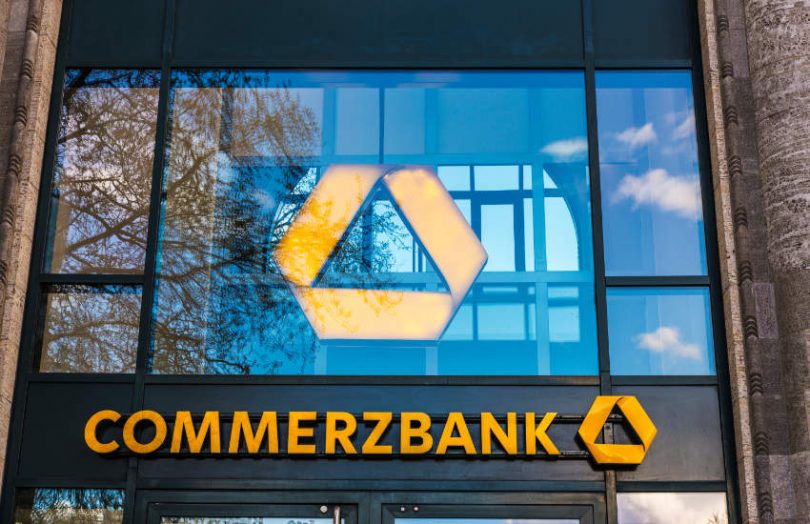Yesterday Commerzbank published a whitepaper on trade and supply chain finance written together with research institute Fraunhofer IML. A considerable part of the paper explores the potential of blockchain and smart contracts, as well as AI, big data and other technologies. It concludes that blockchain technology can speed up trade finance, cut costs, and introduce new opportunities.
Another study by the World Economic Forum, Bain and HSBC estimated that the technology could enhance global trade by $1 trillion over the next decade.
One new potential use case includes sharing know your customer data between banks. The topic was mentioned in passing, but the EU is looking to harmonize rules to make this a reality. In the Netherlands, there is already a task force that addresses sharing data about money laundering, and the UAE has rolled a shared KYC solution that leverages blockchain.
Another area explored in greater detail is the potential to integrate internet of things (IoT) devices with smart contracts to automate billing and payments across supply chains.
Commerzbank has been active in enterprise blockchain trade finance as one of the early members of the Marco Polo trade finance network. And we believe it was one of the first to go into production on the platform.
While it’s possible to automate payment by integrating with conventional payment networks, the ideal is to have cash on ledger. To that end, last year Commerzbank was involved in an dlt-based e-money project for supply chain payments with chemical companies BASF and Evonik.
Beyond trade finance, the bank is a member of Fnality, the digital currency payment network owned by 15 banks and financial institutions. Fnality’s settlement token is backed by central bank balances.
Commerzbank has also been involved in blockchain post-trade settlement trials with the Deutsche Börse, created a digital assets joint venture with the stock exchange, and uses the HQLAX blockchain-based securities lending platform.






